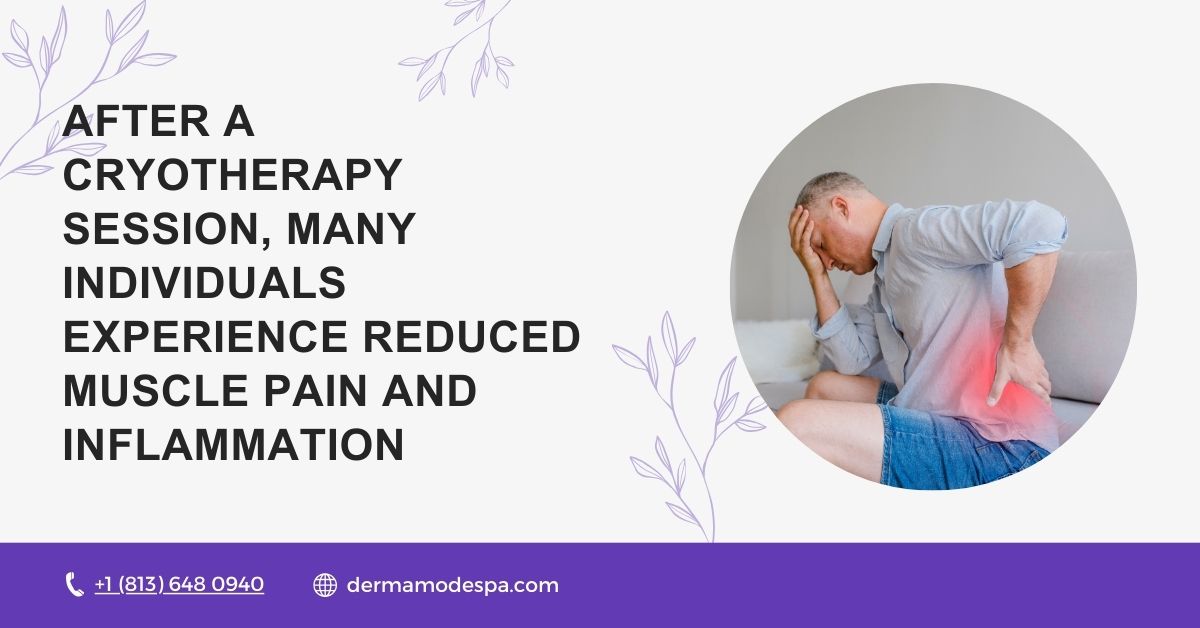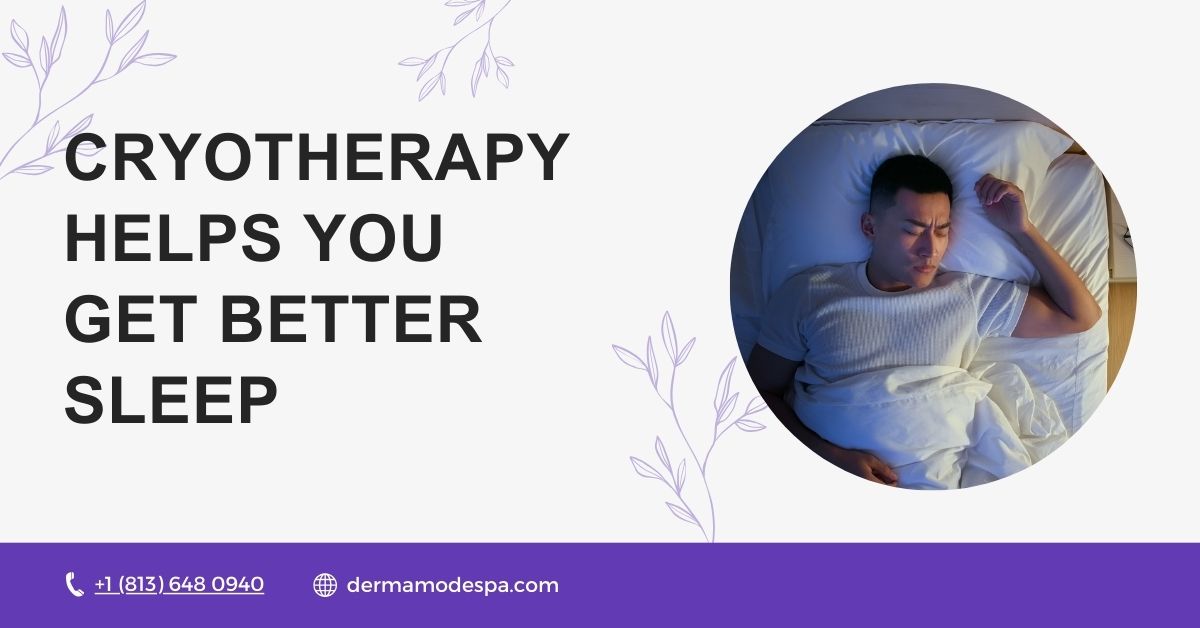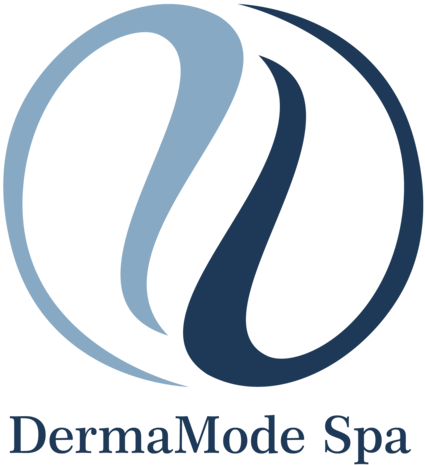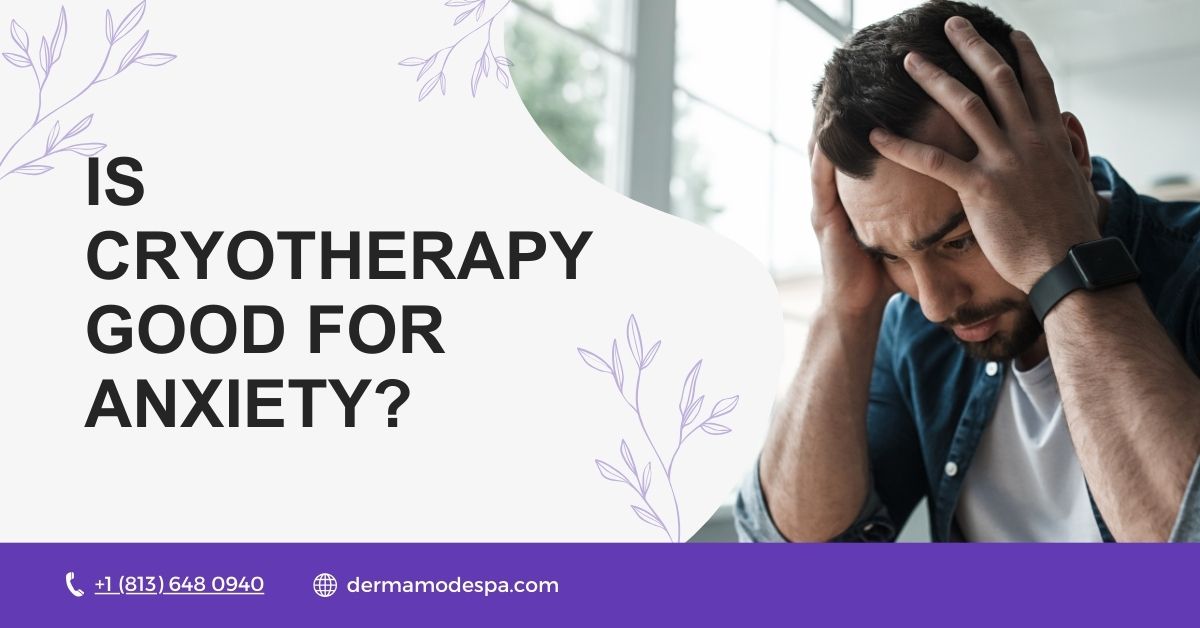Cryotherapy has gained traction as a treatment for various health conditions, including anxiety and depression. By exposing the body to extreme cold temperatures, cryotherapy aims to stimulate various physiological responses that may contribute to improved mental health.
With its potential to reduce inflammation, boost energy levels, and enhance overall well-being, many are curious about the effectiveness of cryotherapy for anxiety disorders.
While research on cryotherapy’s effectiveness for anxiety is limited, some individuals report feeling calmer after sessions. Before trying ice baths or whole body cryotherapy, it’s essential to prepare for cryotherapy by understanding the procedure and consulting a healthcare provider about potential side effects. Ensuring you’re informed can help maximize potential benefits and minimize risks.
In this article, we will delve into the benefits of cryotherapy and its implications for mental health, particularly focusing on how it can serve as an adjunct treatment for anxiety.
Boost Energy Levels
One of the key health benefits of cryotherapy is its ability to boost energy levels. When the body is exposed to cold temperatures during a cryotherapy treatment, it triggers a surge of endorphins, which are chemicals that enhance mood and provide pain relief. This sudden release can help alleviate symptoms of anxiety and depression, promoting a more positive mental state.
Additionally, the extreme cold forces the body to adapt, stimulating the immune system and reducing oxidative stress, which are crucial for maintaining mental health.
Studies have found that those who regularly use cryotherapy report feeling more energized and less fatigued, making it a compelling option for individuals struggling with anxiety disorders. Furthermore, the invigorating effects of cold therapy can encourage a more active lifestyle, which is beneficial for both physical and mental health.
Get Active

Engaging in regular physical activity is essential for managing anxiety and depression, and cryotherapy can play a supportive role in this aspect. After a cryotherapy session, many individuals experience reduced muscle pain and inflammation, which can make it easier to get active.
By alleviating discomfort from injuries or chronic pain, cryotherapy treatments can motivate people to participate in exercise, whether it involves high-intensity workouts or gentle stretching.
The release of endorphins post-treatment not only enhances mood but also encourages a more engaged attitude towards fitness. Furthermore, as athletes and fitness enthusiasts have discovered, cryotherapy can significantly aid in muscle recovery, making it an ideal complement to their training routines.
By integrating cryotherapy into their wellness journey, individuals can create a healthy cycle that promotes both physical activity and improved mental health outcomes.
Focus
One of the significant mental health benefits of cryotherapy is its potential to enhance focus and concentration. The process of whole-body cryotherapy involves exposing the body to extreme cold temperatures, which can stimulate the nervous system and promote a state of alertness. When the body is subjected to cold therapy, it activates the release of norepinephrine, a neurotransmitter that plays a pivotal role in attention and focus.
This biochemical response can help individuals who struggle with anxiety disorders or depression, as they often experience difficulties in maintaining concentration. As the body adapts to the cold, the immune system is also stimulated, leading to a reduction in inflammation that can cloud cognitive functions.
One such technique is cryo slimming, which utilizes cold temperatures to target and reduce fat cells. With consistent treatment, cryo slimming can help you attain a more toned and sculpted physique, enhancing your overall confidence and well-being.
Moreover, the invigorating effect of cryotherapy can create a mental clarity that allows individuals to tackle daily tasks with a renewed sense of purpose. Those who use cryotherapy regularly have reported improvements in their overall cognitive performance, which can be particularly beneficial for those managing chronic stress or anxiety symptoms.
Better Sleep

Sleep quality is a critical factor in managing anxiety and depression, and cryotherapy can help contribute significantly to achieving better sleep. The extreme cold experienced during a cryotherapy treatment can promote relaxation by reducing muscle pain and inflammation, allowing the body to unwind. As the body cools with cold air, the temperature drops, signaling to the brain that it’s time to rest and recover.
This physiological response can help regulate the sleep-wake cycle, making it easier to fall asleep and stay asleep. Additionally, cryotherapy can help increase the production of melatonin, a hormone that plays a crucial role in sleep regulation. Cryotherapy, specifically Cryo Freeze treatments, are gaining popularity for potential benefits in anxiety relief.
By relieving the pain signals associated with chronic conditions, whole body cryotherapy treatments can provide a sense of comfort that is conducive to a restful night. Improved sleep quality not only enhances physical health but also has profound effects on mental health, as adequate rest is essential for mood stabilization.
As individuals who suffer from anxiety often experience sleep disturbances, integrating cryotherapy into their routine may offer a natural, adjunct treatment to promote better sleep hygiene.
Increased Optimism
Another compelling aspect of cryotherapy is its ability to foster increased optimism and a more positive outlook on life, which can be beneficial for those dealing with depression and anxiety. The process of whole-body cryotherapy involves the release of endorphins, which are natural mood elevators that can help combat feelings of anxiety and depression.
This biochemical response can lead to an overall improvement in mood, making it easier for individuals to maintain a brighter perspective on life and manage depression and anxiety.
The invigorating effects of cold therapy can help break the cycle of negative thoughts that often accompany anxiety disorders, allowing individuals to approach challenges with a renewed sense of hope.
Furthermore, the relief from muscle pain and inflammation through cryotherapy can contribute to a greater sense of physical well-being, which is closely tied to mental health and can help alleviate symptoms of depression and anxiety.
As individuals feel better physically, they are more likely to engage in social activities and pursue hobbies that promote joy and fulfillment. By using cryotherapy as part of a broader mental health strategy, individuals may find themselves cultivating a more optimistic mindset, ultimately improving their overall quality of life.
watch this video for better understanding.

